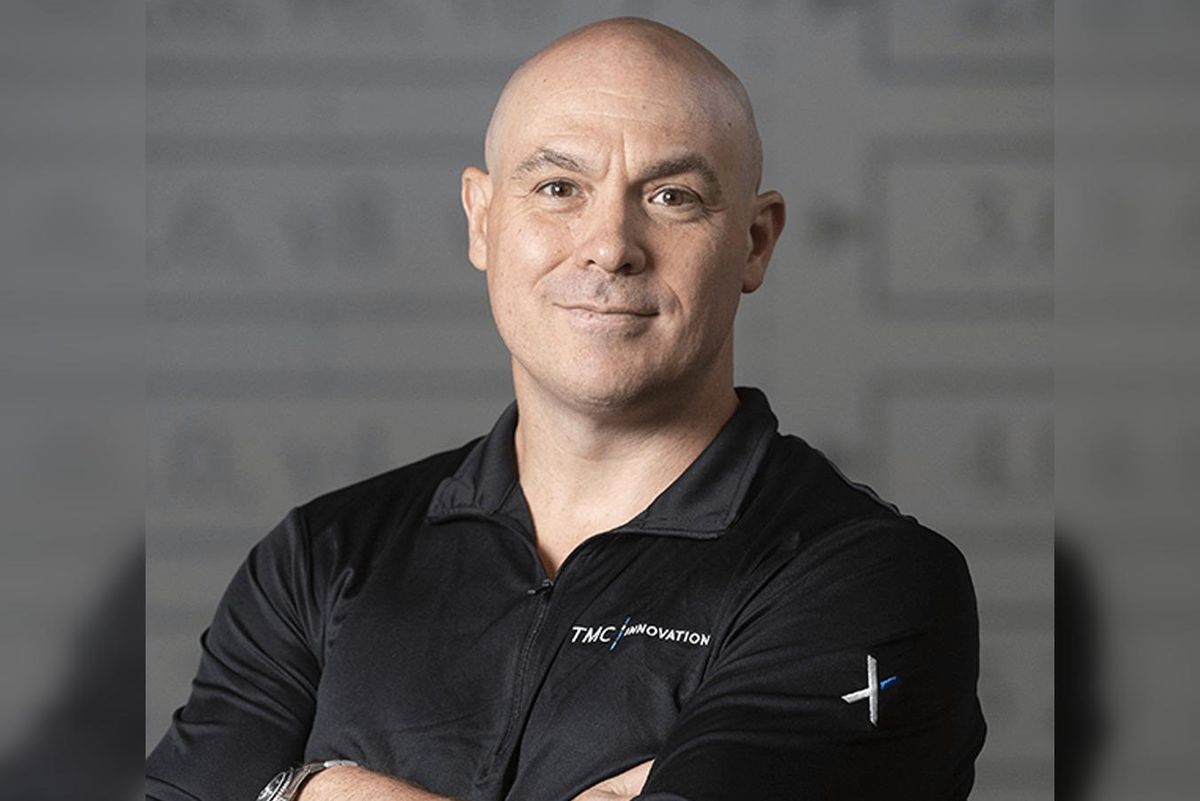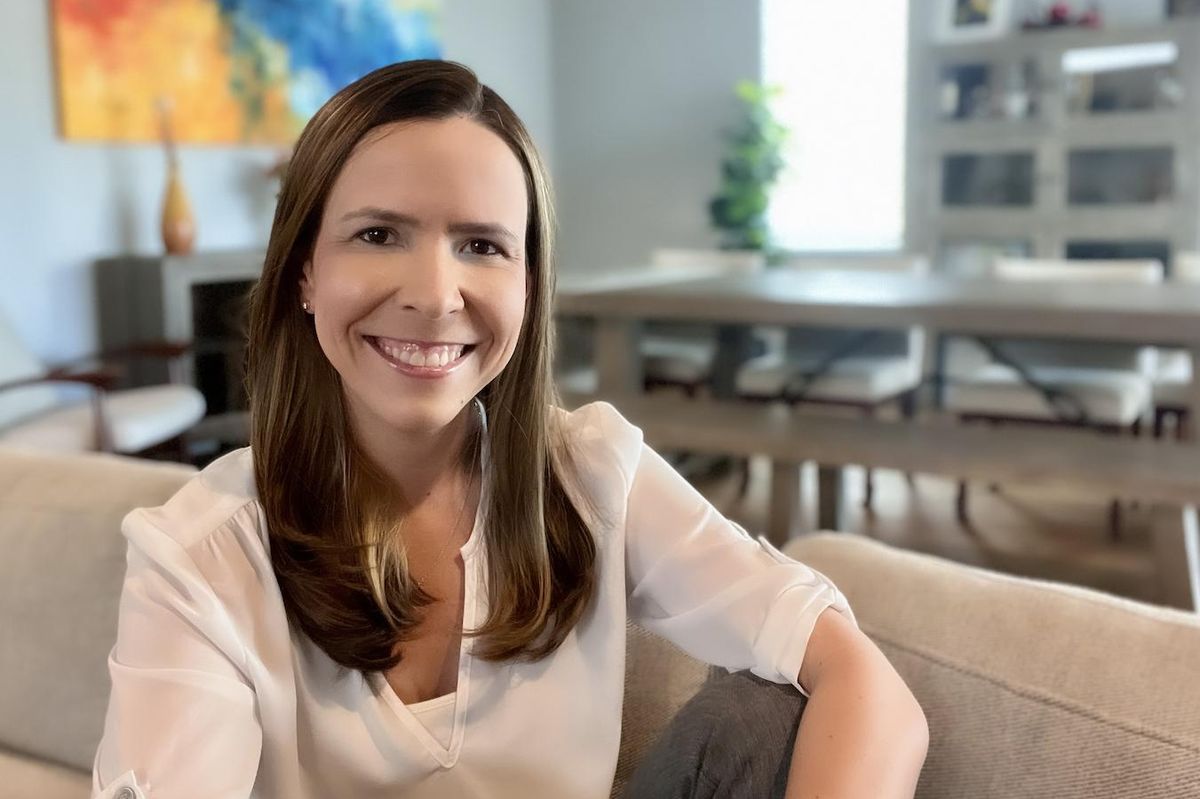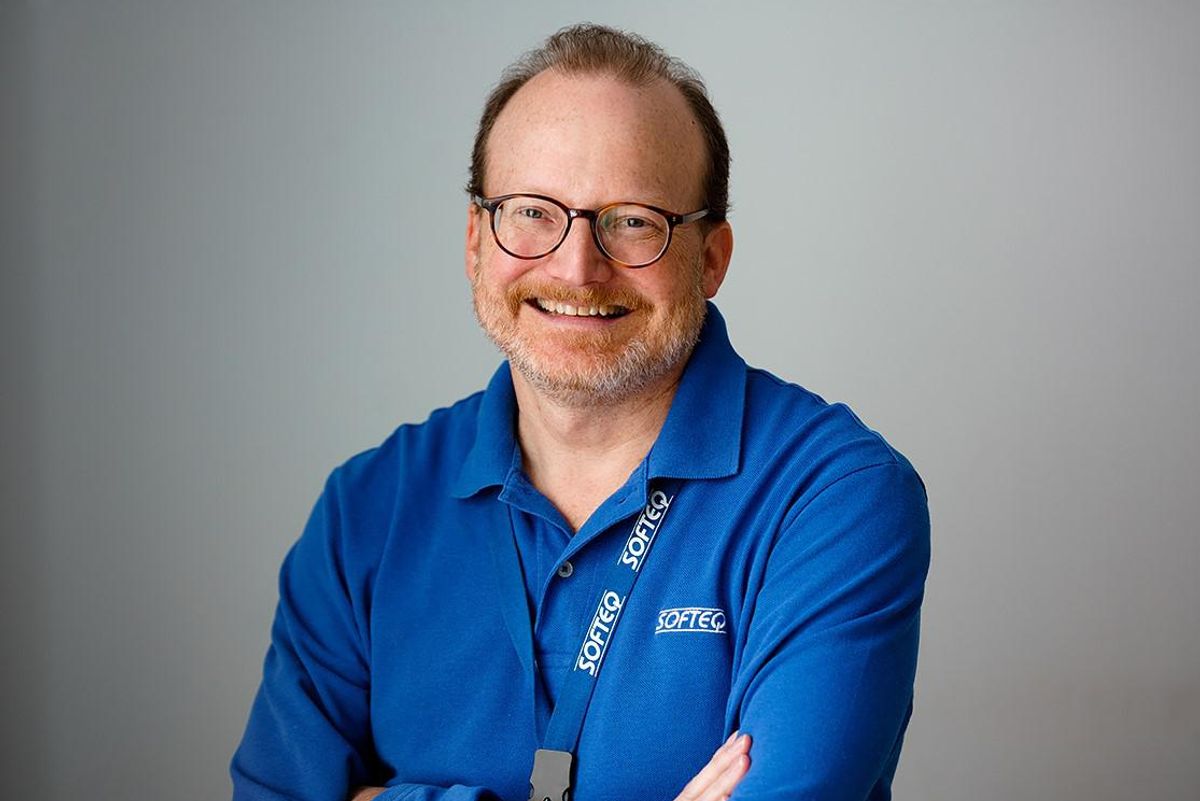The Ion has named John "JR" Reale as its director for startups and investor engagement.
In his new role, Reale, a longtime leader in Houston’s startup ecosystem, will work to strengthen the innovation district's founder and investor network.
"Here’s what I’ve come to believe: the Ion is not just a building, not just a real estate play, and not just another innovation district. COVID, remote work, and shifting market dynamics changed the rules. Key ingredients like co-working, events, and community, while impactful, are no longer enough on their own," Reale shared on a LinkedIn post announcing the move. "What’s needed are advantages ... We need to intentionally design a system that repeatedly delivers advantages so founders can pull forward their visions."
Reale previously served as executive in residence and venture partner at TMC Venture Fund and co-founded Station Houston. He also serves as managing director of Integr8d Capital. He's an investor and serves on the board of directors for a number of venture-backed companies, including Cart.com, Lionguard and others.
The Ion will host "Today Is Day One – A conversation with John (JR) Reale" to welcome Reale to the role on Tuesday, Oct. 21. Reale will be joined at the event by Heath Butler, partner at Mercury, to discuss their thoughts on shaping Houston's founders ecosystem, as well as the Ion’s Founder Advantage Platform.
"On top of this connected architecture, we will build product. That product will be the Founder Advantage Platform to remove friction, compress time, and compound outcomes," Reale continued on LinkedIn. "This is the system that will drive repeatable experiences, and naturally, make these journeys so much more fun."



 Chris Howard, CEO and founder of SofteqA Houston software company has announced its new venture fund. Photo courtesy of Softeq
Chris Howard, CEO and founder of SofteqA Houston software company has announced its new venture fund. Photo courtesy of Softeq